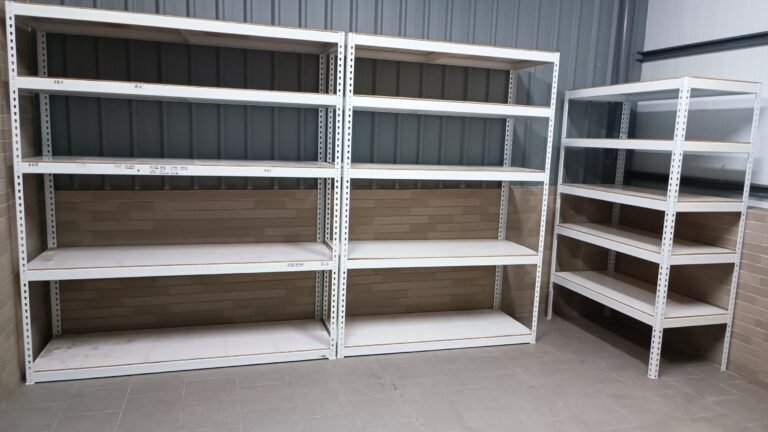
Introduction
In the heart of Iran, where the towering peaks of the Alborz Mountains meet the vast landscapes, there exists a musical tradition that resonates with the very essence of this majestic region. This is avaye-alborz, a form of music that captures the soul-stirring beauty of Iran’s natural and cultural heritage. This article explores the enchanting world of Avaye Alborz, its origins, its significance, and its unique ability to convey the profound emotions and stories of the Iranian people.
The Origins of Avaye Alborz
Avaye Alborz, translating to “The Voice of Alborz,” finds its roots in the traditional music of the Alborz region. This area, known for its breathtaking landscapes and rich cultural tapestry, has long been a source of inspiration for poets, artists, and musicians. The music of Avaye Alborz is deeply intertwined with the region’s history, drawing from ancient Persian musical traditions and the local folklore of the Alborz Mountains.
The Significance of Avaye Alborz
The significance of Avaye Alborz extends beyond its melodious tunes. It serves as a cultural bridge, connecting the past with the present, and preserving the rich heritage of the Alborz region. Through its evocative melodies and poetic lyrics, Avaye Alborz conveys the joys, sorrows, and dreams of the Iranian people. It is a testament to the enduring spirit of a culture that has thrived amidst the mountains for centuries.
Musical Characteristics of Avaye Alborz
Avaye Alborz is characterized by its unique blend of traditional Persian instruments and regional musical styles. The music often features instruments such as the tar (a type of lute), the santur (a hammered dulcimer), and the ney (a type of flute). These instruments, combined with the distinct vocal styles of the region, create a sound that is both timeless and deeply moving.
The melodies of Avaye Alborz are known for their complexity and emotional depth. They often incorporate intricate rhythms and scales that are typical of Persian classical music, yet they also reflect the influences of the diverse cultural groups that have inhabited the Alborz region.
Themes and Lyrics in Avaye Alborz
The themes explored in Avaye Alborz are as varied as the landscapes of the Alborz Mountains. The lyrics often reflect the beauty of nature, the struggles and triumphs of daily life, and the profound philosophical and spiritual questions that have occupied the minds of Iranian poets for centuries.
Nature, in particular, plays a central role in the lyrics of Avaye Alborz. The towering mountains, lush forests, and flowing rivers of the Alborz region are frequently depicted as metaphors for human emotions and experiences. This deep connection to the natural world is a hallmark of Avaye Alborz and is one of the reasons why it resonates so deeply with its listeners.
Avaye Alborz in Contemporary Culture
In today’s rapidly changing world, Avaye Alborz remains a vital part of Iranian culture. It continues to be performed at festivals, cultural events, and gatherings, serving as a reminder of the rich musical heritage of the Alborz region. Moreover, modern musicians and composers are finding new ways to incorporate the elements of Avaye Alborz into contemporary music, ensuring that this beautiful tradition remains alive and relevant.
Conclusion
Avaye Alborz is more than just music; it is a reflection of the soul of the Alborz region and the people who call it home. Its haunting melodies and poetic lyrics capture the essence of Iran’s majestic landscapes and the rich cultural heritage of its people. Whether you are a longtime admirer of Persian music or a newcomer, the captivating sounds of Avaye Alborz are sure to leave a lasting impression.
For more information on the beautiful music of Avaye Alborz and to explore the cultural richness it represents, visit avaye-alborz.ir. Here, you can dive deeper into the enchanting world of Avaye Alborz and discover how it continues to shape and inspire the cultural landscape of Iran.
4o





